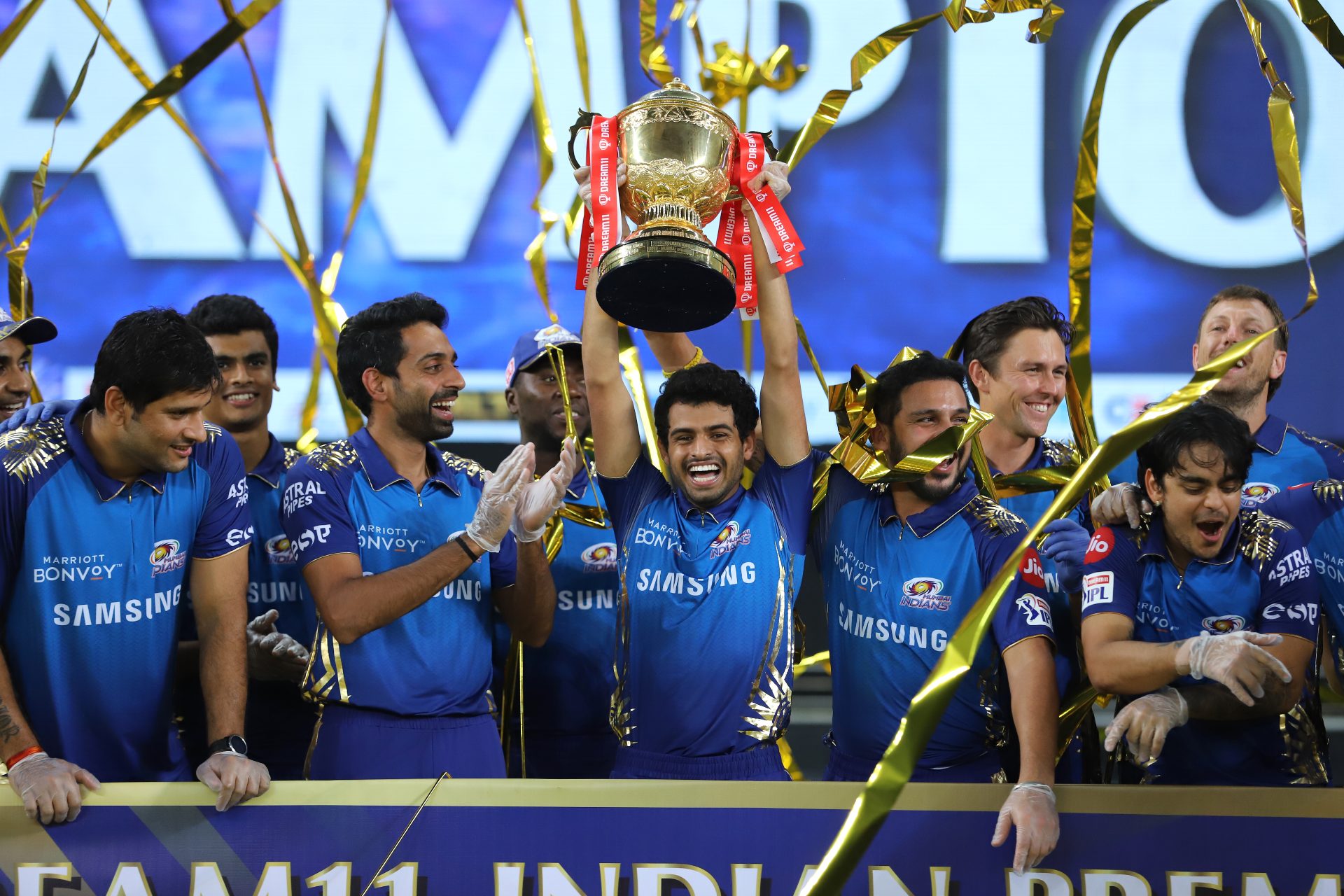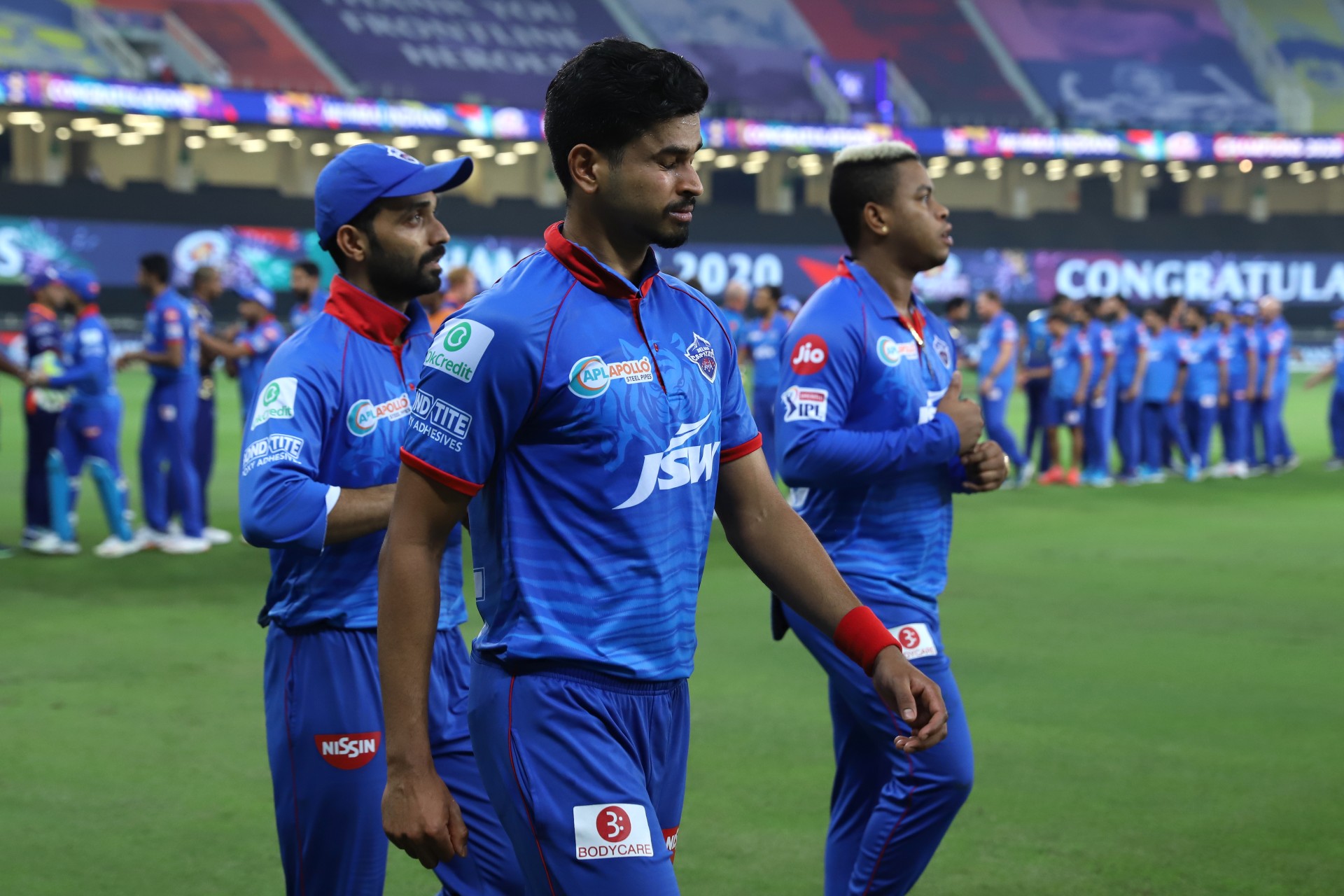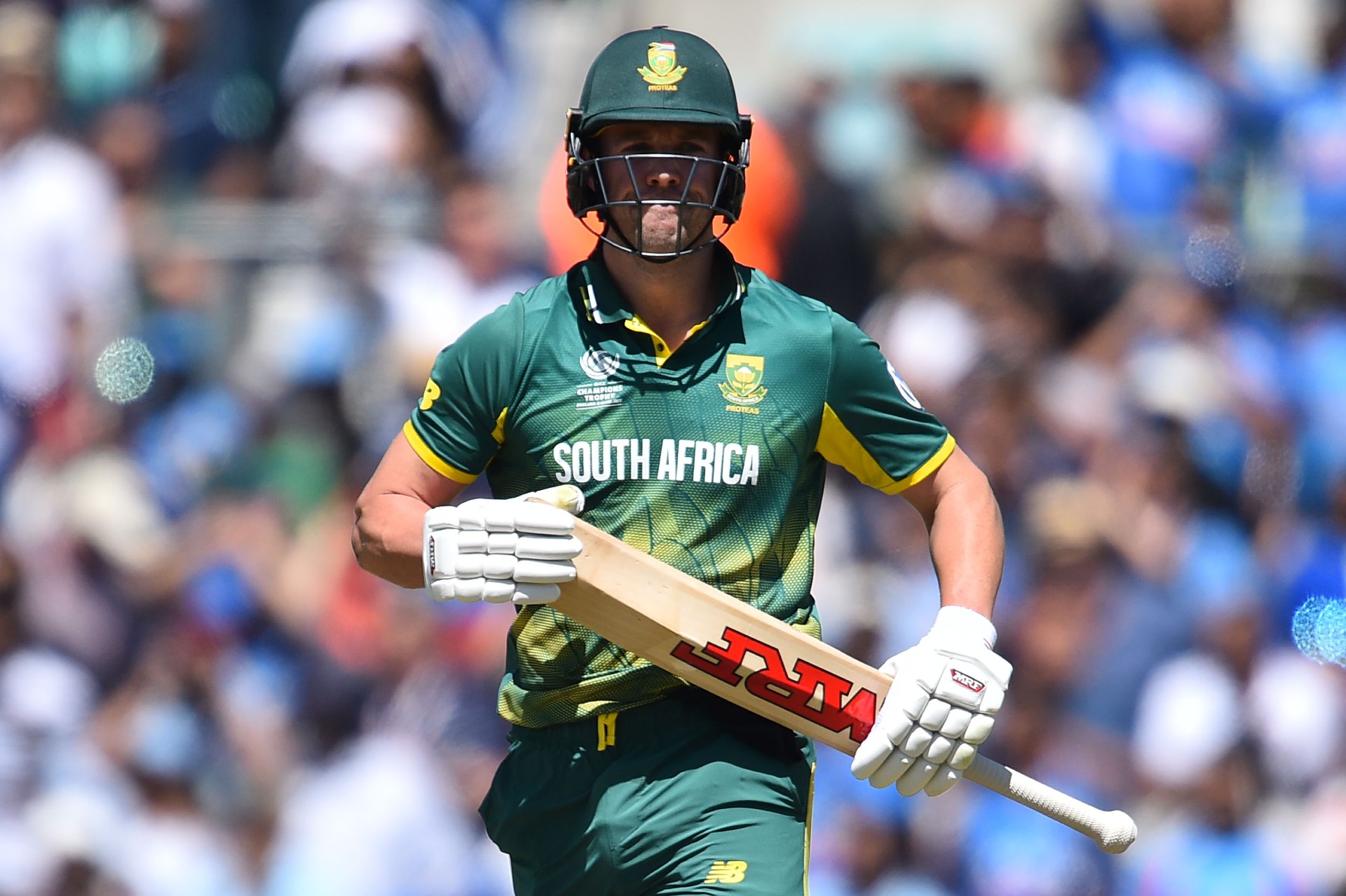 OPINION
OPINIONRelief is the most predominant emotion I feel when the team I’m coaching wins. And several of my coaching colleagues have revealed the same experience. The reason is because we do everything in our power to make that outcome happen. We select the best available players and then plan and prepare them in every way possible so that the team can win. In fact, I have always said that winning should never come as a surprise, it’s what we plan for.
Many in the Mumbai Indians ecosystem, from players through to fans, will have been ecstatic with their deserved IPL triumph on 10 November. I’m sure if you ask some of their senior leaders, you’ll find that relief sat right alongside that ecstasy, because that is the outcome that they had planned for and thus expected. Especially in that final, against a team that had been struggling for form for the second half of the tournament and who they had already beaten three times that season, twice beating them like they would a schoolboy team.

The challenge for Mumbai now will be how to stay at the top. Each opponent they encounter will target them, and opponents will go into that encounter with the clear mental advantage of having nothing to lose. MI are now in that elite group of teams or individuals who will come to learn that it’s often more difficult to stay at the top than it is to get there. A powerful lesson in this comes from mountaineers, in that 80% of those who die on the mountain, die on the way down. All prepare excellently to get to the top, but not enough prepare continue on from there.
In contrast, all involved with Delhi Capitals will likely be having a bittersweet experience. Possibly more sweet than bitter in that they were lucky to have achieved a place in the finals after such a poor second half, and a little bitter for not having converted their incredible early-season run of form. One thing about not winning is that it gives a real focus and purpose for next season's IPL. Those who came between second and around 5th will already be keenly looking at those small areas where they can improve for next season.
For the teams that ended up near the bottom, it may well be the beginning of a lot of introspection, concern and maybe ringing of changes. Losing has a tendency to see people over-focussed on what went wrong, which mostly serves to further undermine confidence. I’ve been part of losing teams where owners and management go on a witch hunt for errors and their perpetrators, which is like rubbing salt in a wound. This approach is not nearly as helpful as spending more than 50% of reflection time on highlighting and reinforcing all that went well, and less than that on planning what could be improved upon for the future. Hammering away at problems that are already in the past is counter-productive. With the next IPL only months away, too many changes are probably also not a smart move for these lower-ranked teams. Maybe some well-informed changes in strategy, team cohesion and attitude, but not too many changes in personnel.

The other big reflection will be how to manage players' well-being in repeated security bio-bubbles. This IPL was the first bio-bubble experience for all but the England and Australian players. And already players from both these two nations are saying that the back to back bio-bubbles was really challenging. By the time the next IPL rolls around, many players would be moving into their third, fourth or maybe even fifth bio-bubble inside of a year. Anyone who spends this amount of time in isolation will struggle, some mildly and some quite concerningly. The few who don’t struggle will be those introverts for whom cricket is the sole priority in their life. The majority who value family, friends, and something of a life away from cricket will really need to receive some smart caring from the respective cricketing authorities.
AB de Villiers ended his international career because elements within South African cricket didn’t understand that when a player is physically, mentally and/or emotionally tired, they need to be given time off, games off and even series off. Many at the time questioned who AB De Villiers thought he was to request time off international cricket. As a result of not having this level of consideration, he ended his international career possibly earlier than he otherwise might have. Everyone was a loser as a result, except maybe his immediate family.

When a fast bowler nears the end of their career, one view is that they only have only x-number of balls left in the competitive arena, especially where Test cricket is concerned. Authorities can ‘push’ that player to bowl his finite number of balls in consecutive games, which almost always includes some dead-rubber games or series. Or they can allow the player intermittent rest to recharge their batteries and attend to the chronic injuries they will inevitably be carrying, whilst simultaneously blooding their incumbent in a clever continuity-planning exercise. Until recently, not all cricketing authorities had this foresight.
The ongoing bio-bubble situation invites this approach, in fact, it will demand it from the respective cricket authorities. Over and above this, an additional challenge will be to players who are needing a break from the energy-sapping bio-bubble life, but who are worried about losing their place in the team should they take that break. They will have a tough decision to make, to risking losing their place through burnout-related under-performance, versus owning up to needing a break and thus offering up their place in the team. I get the sense we are in for some really interesting times with regards player well-being, resting them, and the resulting selection policies.
Another outside scenario for handling bio-bubbles going forwards is the possibility that the world wakes up from its dramatic over-reaction to the 50-year flu, and courageous (and dare I say smart) leadership relegates bio-bubbles to being a relic of the past.
*All images courtesy BCCI, AFP